
His work in the 1980s with the beloved Replacements left leader Paul Westerberg with colossal expectations to meet with his solo career. Despite some valiant attempts, Westerberg’s never managed to meet the artistic levels of The Replacements trio of Let It Be, Tim, and Pleased To Meet Me. But his solo career has been enjoyable and worthwhile nonetheless – even if he’s never made a solo album as strong as Let It Be, he’s created plenty of records stronger than Don’t Tell A Soul and All Shook Down.
Westerberg’s solo career can be divided into distinct phases. He spent most of the 1990s trying to break into the mainstream. He never made it as a mainstream figure, even as he streamlined his sound and placed his songs on popular soundtracks like Singles, Friends, and Melrose Place. His most comfortable sounding solo record from the 1990s is the more subdued Suicaine Gratification.
Starting from 2002’s excellent Stereo, he switched to making raw lo-fi albums in his basement where he played all the instruments. After a Replacements’ reunion as live band from 2013 until 2015, Westerberg re-emerged in a collaboration with Juliana Hatfield as The I Don’t Cares. Their debut album is his strongest work for quite some time and is promising for the future.
Paul Westerberg Album Reviews
14 Songs | Eventually | Suicaine Gratifaction | Stereo | Mono | Come Feel Me Tremble | Dead Man Shake | Folker | Open Season | 49:00 | Wild Stab
Favourite Album: Stereo
Overlooked Gem: Suicaine Gratification
14 Songs
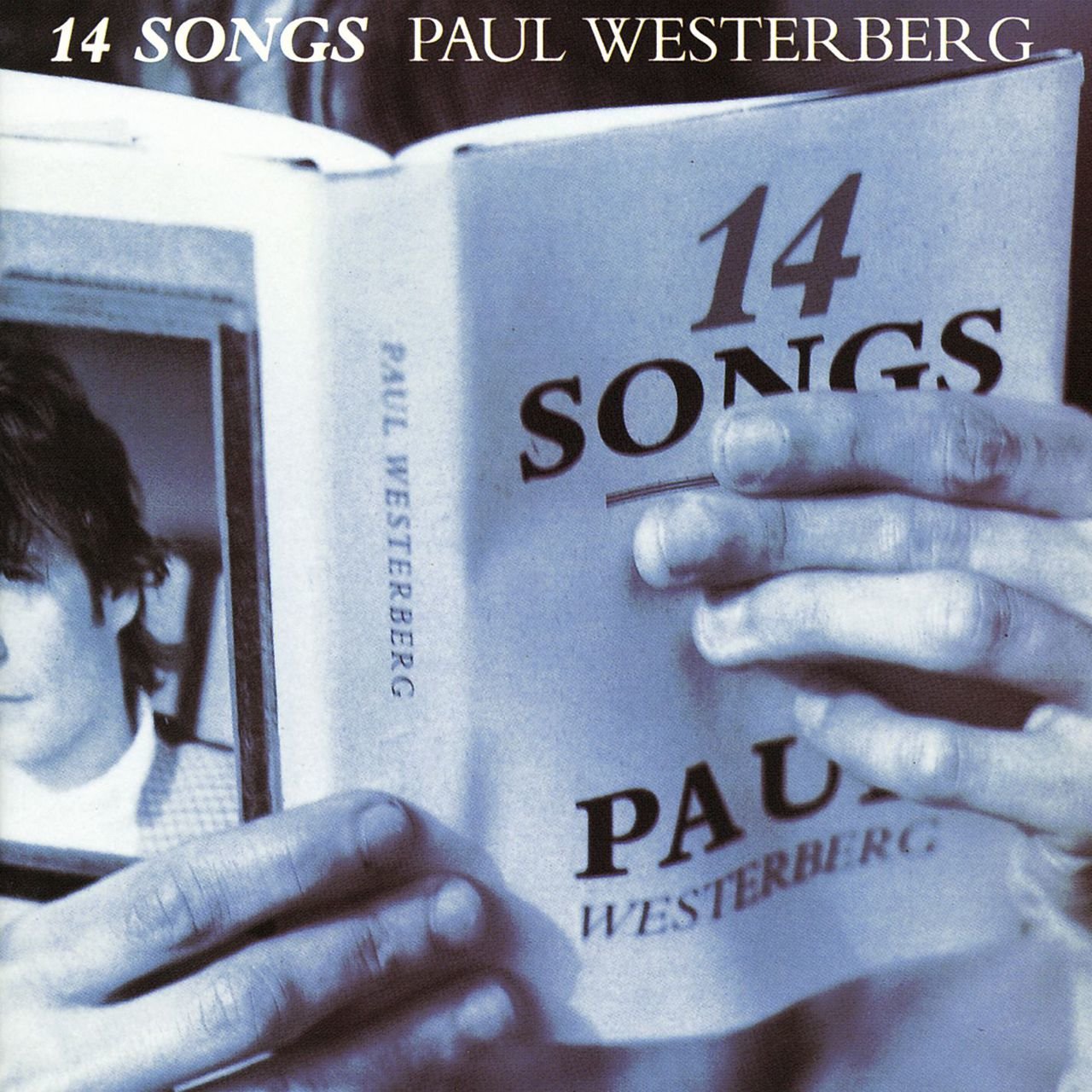
Paul Westerberg’s solo debut took three years to emerge after The Replacements’ demise. It’s more aggressive than the sleepy All Shook Down and rawer than the polished Don’t Tell A Soul, but it’s mainstream by 1993 standards, and it’s the album that could have broken him into mass popularity in the wake of Nirvana and Pearl Jam, groups that The Replacements paved the way for. Like in The Replacements’ best work, Westerberg is able to deliver both sensitive ballads and bratty rockers, and although the gap between the two is less pronounced than before, there are at least five or six stunners here that make 14 Songs essential for Replacements’ fans.
Like a lot of albums from its era, 14 Songs is too long, and could have used a trim. Leading the charge is the vitriol of ‘World Class Fad’, while the pair of riff-rockers, ‘A Few Minutes Of Silence’ and ‘Someone I Once Knew’ help fill the quota of charming filler. The heart of the album lies in sensitive pieces like ‘First Glimmer’, where a bass run leads into an exquisite middle eight, and the melancholy of ‘Dice Behind Your Shades’ and ‘Runaway Wind’.
14 Songs is a strong entry in the Westerberg canon; moments like ‘World Class Fad’ and ‘First Glimmer’ rank among his best songs, and it’s hard to imagine any Replacements fan not enjoying it.
Eventually
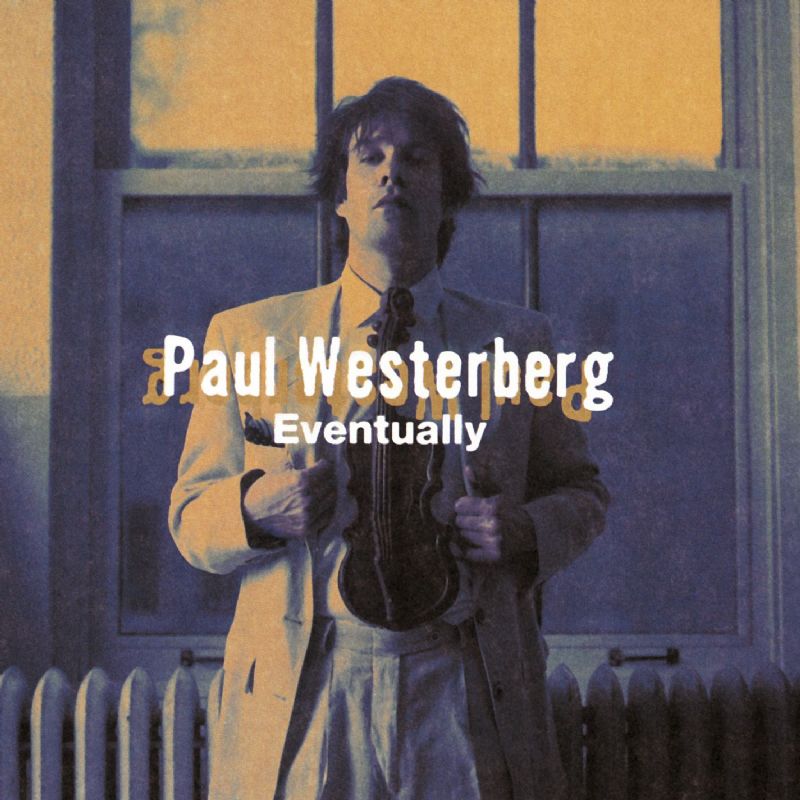
Eventually is a more polished, more diverse, and slightly weaker sequel to 14 Songs. Former Replacements band-mate Tommy Stinson guests on ‘Trumpet Clip’, while an unlikely horn section plays on some songs, while Brendan O’Brien produces some of the tracks.
‘These Are The Days’ is a strong opener, with a surprisingly vibrant middle eight, while ‘Love Untold’ is a compassionate ballad. The piano based ‘Good Day’ stumbles with an awkward bridge, but its direct lyric (“A good day/Is any day that you’re alive”) is surprisingly heart-wrenching as Westerberg rarely engages in such direct sentiment. The pretty ‘Time Flies Tomorrow’ and the aggressive ‘Stain Yer Blood’ (originally on the Friends soundtrack, and tacked onto later editions of the album) ensure that Eventually ends on a strong note. Some of the pieces are less convincing; the processed guitar of ‘Angels Walk’ doesn’t fit on a Westerberg record, and the forced party vibe of ‘Trumpet Clip’ is awkward, but Eventually is a respectable addition to the Westerberg canon.
It’s a relief that Westerberg chose not to court the mainstream after Eventually, but I don’t think my Westerberg fandom would be content without hearing gems like ‘Love Untold’ and ‘Stain Yer Blood’.
Suicaine Gratifaction
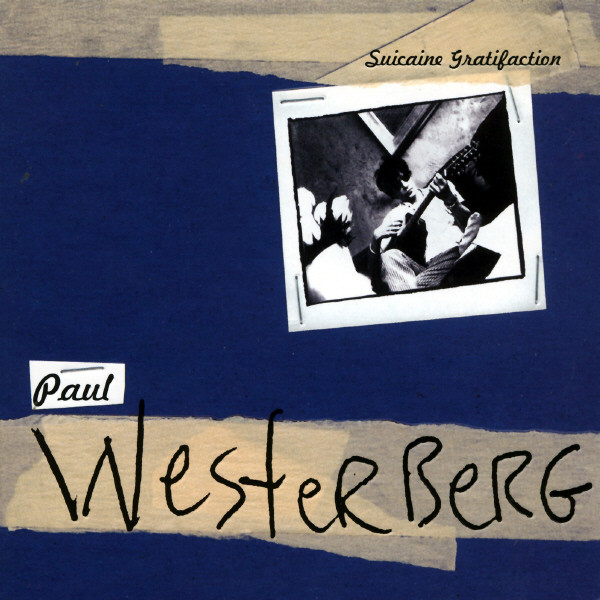
Eventually found Westerberg wandering too close to the mainstream, and starting to lose identity as a result. While it’s even more subdued, Suicaine Gratifaction is much rawer and more emotionally loaded than its predecessor, and it’s a far more satisfying record as a result. With the rockers mostly gone, the album’s more or less evenly divided between acoustic ballads and mid tempo folk rock; the former are generally sublime and the latter generally enjoyable.
The key song is ‘Born For Me’; as close to a straight out declaration of love that Westerberg’s written, it’s a simple, poignant piece, and the opening line (“When the loneliest eyes/And the emptiest arms/Finally decide to meet”), Shawn Colvin’s backing vocal, and the one finger piano solo get me every time. Not far behind is the piano based ‘Self-Defense’, with gorgeous melodic fragments in a slightly disorganised structure underpinned with extreme empathy (“It’s wrong to commit a suicide/It’s only in self-defense”) and sympathetic piano from Westerberg. The record is gentle enough to start with the sombre ‘It’s A Wonderful Lie’, while ‘Sunrise Always Listens’ is compelling and gentle. Of the rock tracks, ‘Fugitive Kind’ starts off as a pretty piano piece, before opening out into the most propulsive song on the record, while ‘Lookin’ Out Forever’ and ‘Final Hurrah’ supply the catchy pop craft.
Even though Suicaine Gratifaction doesn’t have a particularly high reputation among Westerberg fans, I consider it one of his best records.
Stereo
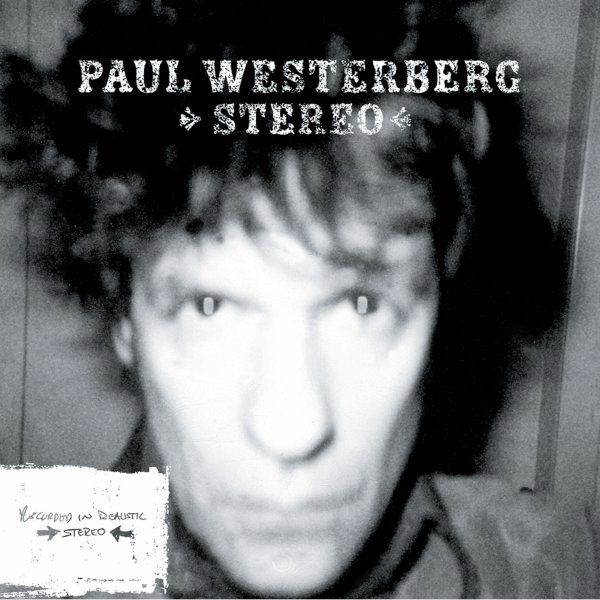
2002, 9/10
After releasing a carefully considered album every three years during the 1990s, Paul Westerberg became exceptionally prolific in the first few years of the 21st century, creating raw and spontaneous solo records in his basement studio. The liner notes for Stereo state that it was mostly recorded live in the middle of the night, and that any imperfections in the recording were incorporated into the record. Several songs stop suddenly as the tape runs out, while the performances are often ragged, but this spontaneous approach breathes life into these songs, and this set is rarely less than engaging.
The one man band approach creates surprisingly climactic arrangements at times (the anthemic ‘Don’t Want Never’) and at other times it’s pushing into alt-country territory with its ramshackle feel. Westerberg’s hoarse vocals are more endearing than ever, he’s still throwing in memorable couplets, and in my opinion at least, Stereo is his strongest work outside The Replacements’ mid-1980s peak.
Favourites include the plaintive ‘Dirt To Mud’, the soaring ‘Don’t Want Never’, the delicate folk of ‘Nothing To No One’, and ‘We May Be The Ones’. There’s a sense of almost helpless resignation to songs like ‘Let The Bad Times Roll’ and ‘Got You Down’, that’s arguably even deeper than previous Replacements’ classics like ‘Unsatisfied’ and ‘Here Comes A Regular’.
If you’re a Replacements fan and you haven’t bothered with Westerberg’s solo career, this and Grandpaboy’s Mono in a single package is too good a bargain to pass up.
Mono – Grandpaboy
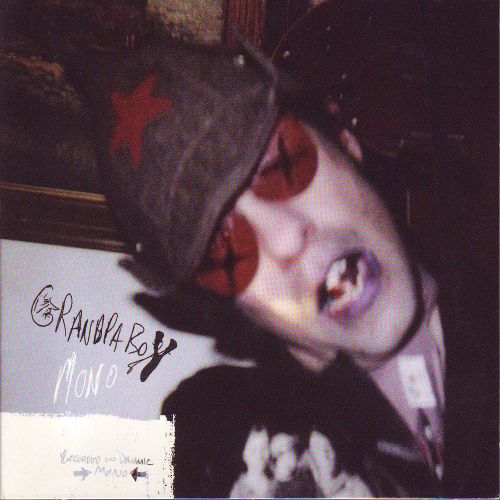
Released under Westerberg’s alter ego Grandpaboy, Mono was originally released as a stand alone limited edition album, but it’s more commonly found in a double pack with Stereo. The engineering (Stereo is recorded in stereo, and Mono is recorded in mono) isn’t the only thing that differentiates these records; while Stereo reflected the more affecting side of Westerberg found in Replacements songs like ‘Here Comes A Regular’, Mono is Westerberg’s take on the swaggering rock and roll side of the ‘Mats, more akin to songs like ‘Gary’s Got A Boner’.
While it was the juxtaposition of these two facets that made The Replacements special, they’re also perfectly effective separated into two separate albums like this. At less than half an hour, and not taking itself particularly seriously, Mono isn’t necessarily the most essential piece in Westerberg’s oeuvre, but it’s fun. Grandpaboy’s backup band includes Replacements bassist Tommy Stinson, performing under the name of Zeke Pine. Sometimes there’s little more than a catchy riff and a catch phrase, like ‘Knock It Right Out’ or ‘Kickin’ The Stall’, but even these don’t outstay their welcome. There’s melodic and more emotionally complex material like ‘I’ll Do Anything’ and the snappy ‘Eyes Like Sparks’ (“and my heart like gasoline”). Opener ‘High Time’ sets the tone perfectly with great guitar work and a tone of optimism, while closer ‘AAA’ is surprisingly pretty with its tender support vocals.
Mono may be short on ambition and on diversity, but it achieves its aims perfectly; it’s a record with almost no slow spots, and in combination with Stereo it’s Westerberg’s best work of the 21st century.
Come Feel Me Tremble
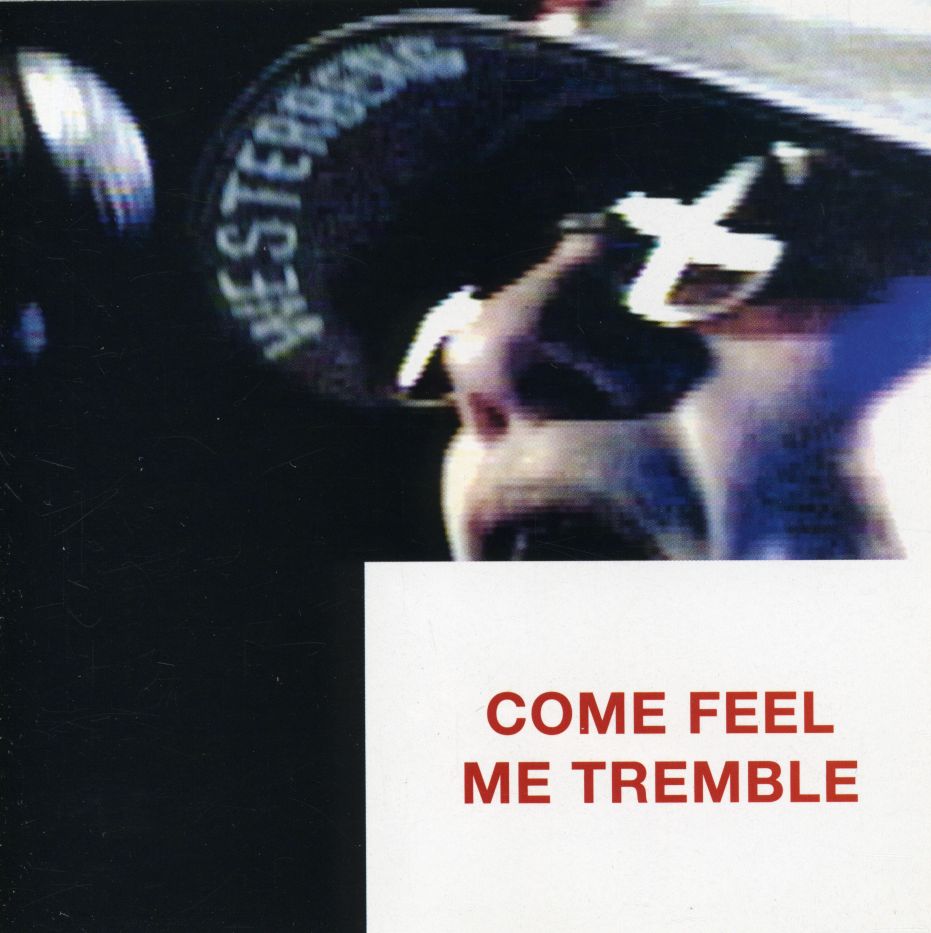
2003, 6/10
Following the artistic success of the Stereo/Mono set, Come Feel Me Tremble is more of the same from Paul Westerberg, another collection of sloppily home-recorded songs. It’s pitched halfway between those two albums, featuring both the driving bar rock of Mono and the sensitive acoustic songwriter of Stereo. As a result it’s less coherent than either, with obvious signs of looseness like a gorgeous fragment (‘Never Felt Like This Before’) that isn’t developed into a full song, and acoustic and electric version of the same song (‘Crackle & Drag’) back to back.
Come Feel Me Tremble is even, with no real missteps, but nothing outstanding; maybe the Sylvia Plath biograph ‘Crackle & Drag’, the hooky ‘What A Day (For A Night)’ and the plaintive, folk-inspired ‘Meet Me Down The Alley’ are the best songs. “I’m drinking once again/Just to make the pills kick in” from the aptly named ‘Knockin’ Em Back’ is the most confessional Westerberg lyric for quite some time, while a nice cover of Jackson Browne’s ‘These Days’ brings proceedings to a tender close.
For the first time in his career this feels like just another Westerberg record – albums like Don’t Tell A Soul and Eventually weren’t particularly exciting, but also they didn’t sound particularly like the records that preceded them. And even if Come Feel Me Tremble is in a more fitting style than either, and is stronger song for song, it’s just too routine to rank high among his albums.
Dead Man Shake
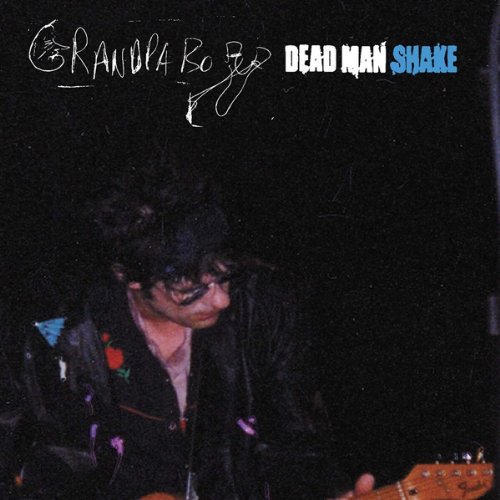
Released on the same day as Come Feel Me Tremble, Dead Man Shakeis Westerberg’s most blues-oriented album. Like his other albums from the period, it’s loose and home recorded, with Westerberg playing all the instruments. But the one man band approach becomes wearisome when the disc has such a limited stylistic range, with most of the songs based around blues progressions. The strongest original is the driving ‘Vampires and Failures’, and the covers of John Prine’s ‘Souvenirs’ and Anthony Newley’s ‘What Kind of Fool Am I’ provide some variation, but overall Dead Man Shake is the Westerberg disc that I return to the least.
Folker
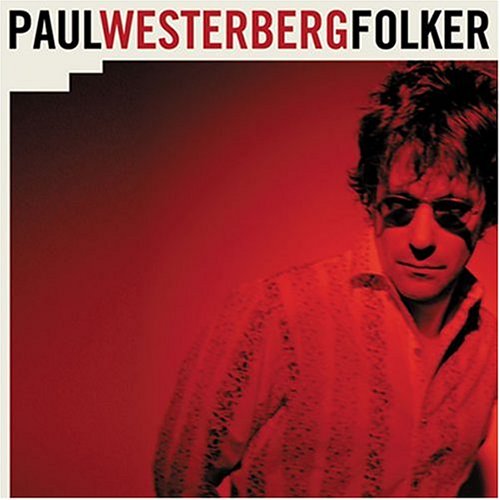
The title Folker gives an apt description of this album – while still in the loose garage vein of Paul Westerberg’s work of the era, with Westerberg playing all the instruments, it’s more acoustic than perhaps anything he’s ever done. Instead of the downbeat vulnerability of Suicaine Gratification, it’s more like an album full of songs like ‘Kiss Me On The Bus’; contemplative but not altogether serious, loosely anchored by Westerberg’s shambling drumming. Yet there’s something extremely likeable about this record – like Come Feel Me Tremble it’s a little light on great songs, hardly surprising given its Westerberg’s fifth release in the space of two years, but it’s more coherent than its predecessor.
The highlight is the pleading ‘Breathe Some New Life’. The two songs dedicated to his father are effective – ‘My Dad’ features the memorable line “My dad sitting in his chair/he’s never seen me play/He gets a kick from the newspaper/when he sees the family name.” Westerberg also throws in thirty second snippets that reiterate the theme of the parent song to good effect. Fulfilling the title, the last lines of Folker are taken from Fairport Convention; the roar of ‘Folk Star’ fading out to Westerberg’s voice and guitar in a brief snippet of ‘Who Knows Where The Time Goes’.
Folker is an modestly enjoyable record, as agreeably ragged as his best work, but a little cuddlier than usual.
Open Season
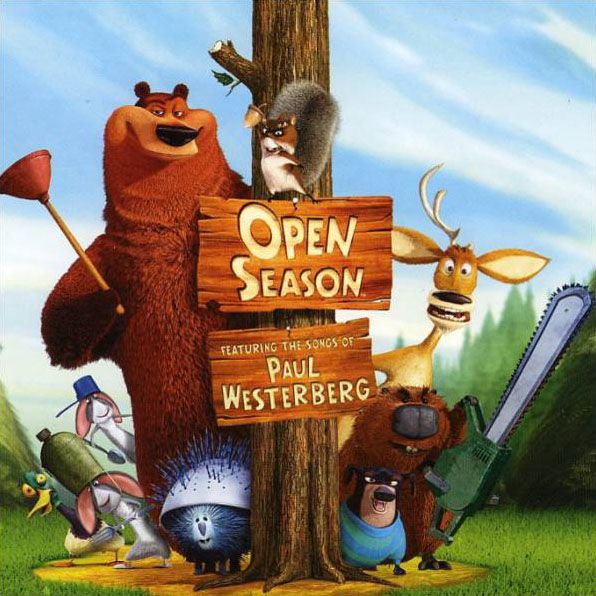
Open Season is the soundtrack to an animated childrens’ movie, but it largely sounds like a Paul Westerberg album. If anything, the expectation to make a more commercial album makes Westerberg revert back to his mid-1990s sound, but with the occasional lyric referring to nature. More problematically, the seven new Westerberg performances share album space with an assortment of oddities, namely the Talking Heads standard ‘Wild Wild Life’, two songs from Cake spin-off Deathray, and a brief reprise from Pete Yorn, while the least emotionally sophisticated song in the Westerberg catalogue, ‘Good Day’ from Eventually, is resurrected here. Westerberg still dominates enough to be the major focus, writing ten of the album’s twelve tunes, but its patchwork nature means that Open Season is one of his weaker albums by default. That’s somewhat of a shame, as the new songs on the album are strong, and it’s interesting to hear Westerberg return to a full band and with studio production.
Replacements bassist Tommy Stinson reunites with Westerberg on the album’s two most upbeat songs, the irrepressibly chirpy ‘Love You In The Fall’ and the goofy ‘Right To Arm Bears’. ‘All About Me’ is a return to the bratty Westerberg of The Replacements, without ever overstepping a PG rating, while ‘Any Better Than This’ rollicks along on a jaunty melody. While most of the songs are relatively lightweight, the pensive and acoustic ‘Whisper Me Luck’ packs plenty of emotional punch, and only lines like “when the morning comes/we’ll run for the pines” are there to remind the listener that it’s in a movie about animals
There’s enough good Westerberg music to make Open Season necessary for dedicated fans like me – maybe paying full price is excessive for what amounts to little more than an EP of new Westerberg material, but what’s there is well worth hearing.
49:00
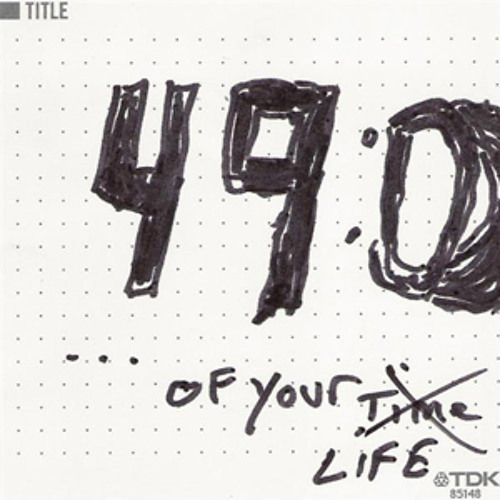
Paul Westerberg created hype for 49:00 by releasing it digitally for 49c, stating that 1c per minute was a fair price. 49:00 takes Westerberg’s unpolished approach to new extremes, releasing the album as a continuous track, with songs fading in and out of each other, simulating a radio tuning in and out of different stations. Despite this sound collage approach, 49:00 is one of Westerberg’s stronger solo efforts – it’s fun, and there are plenty of good songs here. The opening ‘Who You Gonna Marry?’ is charming and acoustic, ‘Outta My System’ is poppy and catchy, ‘Devil Raised a Good Boy’ is dirty and bluesy – between them they cover a lot of Westerberg’s usual musical territory.
Despite the title, the original album was only 43 minutes and 55 seconds long, and the final track, ‘5:05’ arrived a couple of weeks later, after Westerberg was forced to pull the original album for using brief snippets of classic rock staples like ‘Hello Goodbye’ and ‘Rocketman’; Westerberg sardonically notes “They got a lawsuit/I got a swimsuit,” before ending with a brief snippet of The Beatles’ ‘Oh Darling!’.
49:00 is one of Westerberg’s more ambitious projects on paper, but once you get past the unique format, it’s simply another strong album from him.
Westerberg also self-released a bunch of mp3 EPs in 2008 and 2009 – I’ve never heard them, although Glenn Campbell later covered 2009’s ‘Ghost On The Canvas’.
– 3oclockreep (Self-released, 2008)
– Bored of Edukation (Self-released, 2008)
– D.G.T. (Self-released, 2008)
-PW & the Ghost Gloves Cat Wing Joy Boys (Self-released, 2009)
Wild Stab – The I Don’t Cares
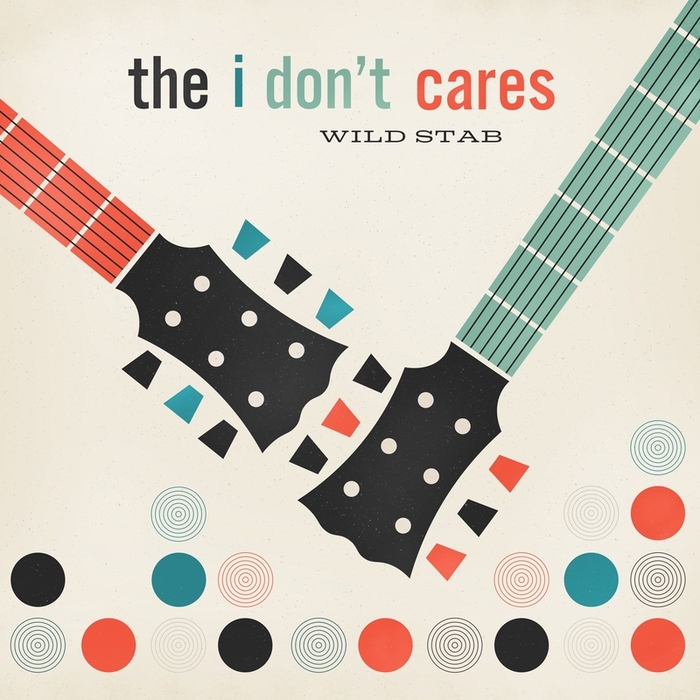
The I Don’t Cares are a collaboration between Paul Westerberg and Juliana Hatfield, who supplies lead guitar and harmony vocals. While Hatfield’s presence is certainly tangible, Wild Stab still feels like a Westerberg solo album – he sings most of the leads, and several tunes are recycled from his earlier solo records. While it shares the off-the-cuff nature of a lot of Westerberg’s solo material, Hatfield’s guitar and harmonies add a more accessible sheen which helps, and it’s arguably the best sounding album of his solo career.
The songs are strong as well – ‘Born For Me’, which was written about Hatfield and which is recycled from Suicaine Gratification and ‘Outta My System’ from 49:00 are both highlights, while ‘Sorry For Tomorrow Night’ is sweet and pretty. The most striking song, however, is the closing ‘Hands Together’ – at almost seven minutes it’s easily the longest song Westerberg has produced, and its rambling tone is also unique.
Wild Stab is Westerberg’s best album for some time, and it would be great to hear some more work in the same vein.
Ten Favourite Paul Westerberg Songs
A Star Is Bored
Outta My System
Love Untold
Self-Defense
Fugitive Kind
Sorry For Tomorrow Night
Man Without Ties
First Glimmer
Whisper Me Luck
World Class Fad
Return to 1990s Album Reviews…
5 Comments
Leave a Reply
Related Pages
Review Pages
Read about the discographies of musical acts from the 1960s to the present day. Browse this site's review archives or enjoy these random selections:
Blog Posts
I add new blog posts to this website every week. Browse the archives or enjoy these random selections:
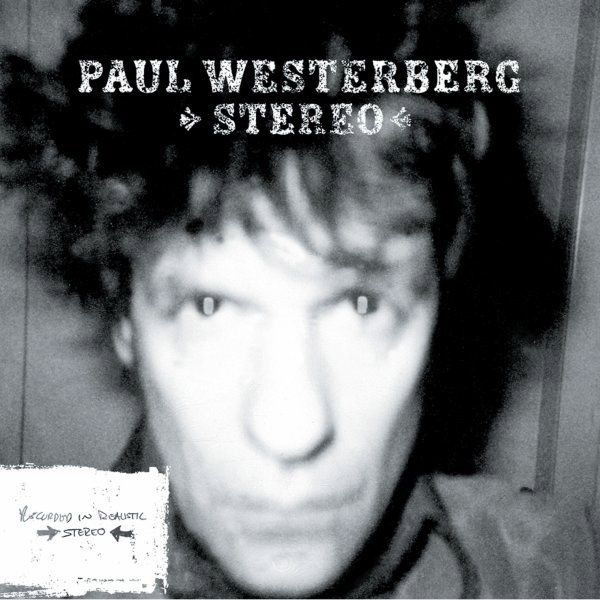

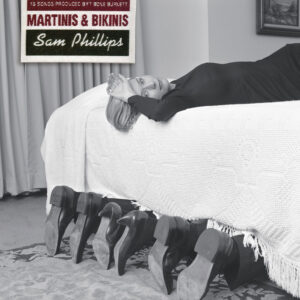

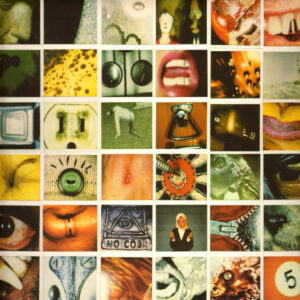

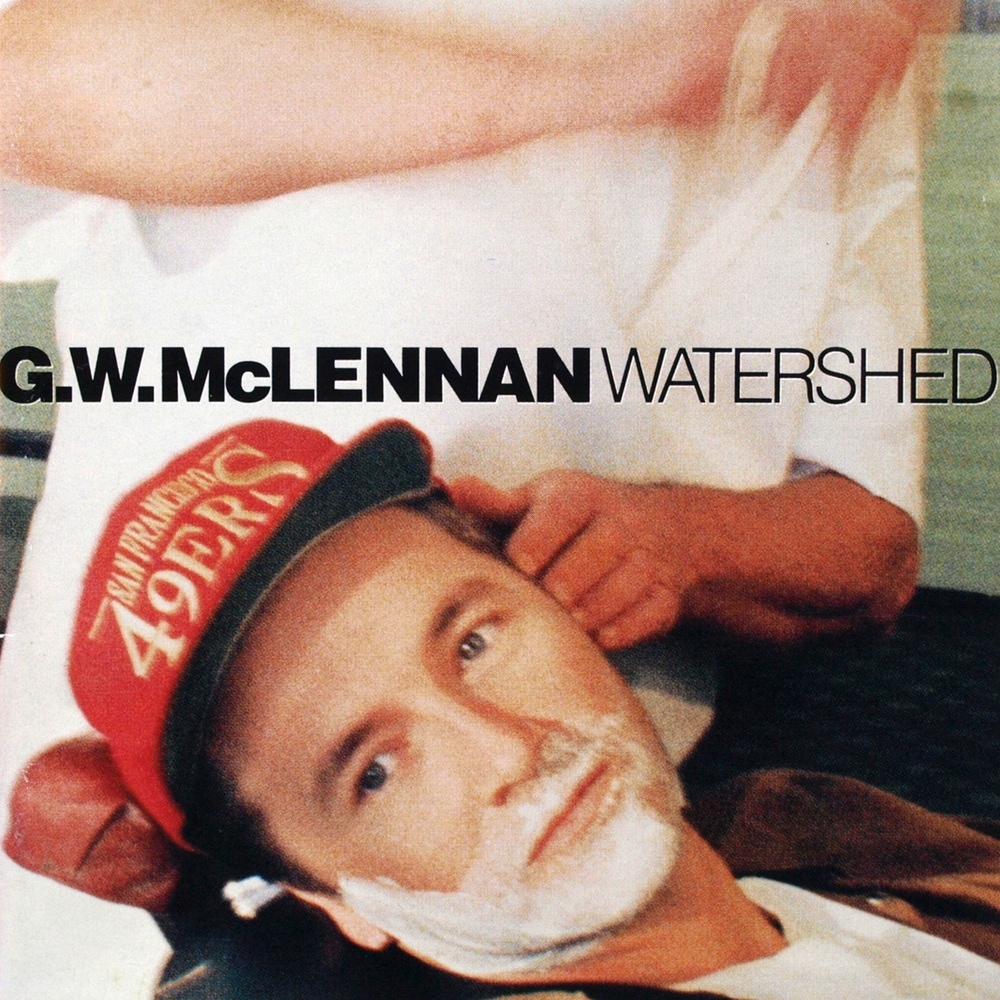

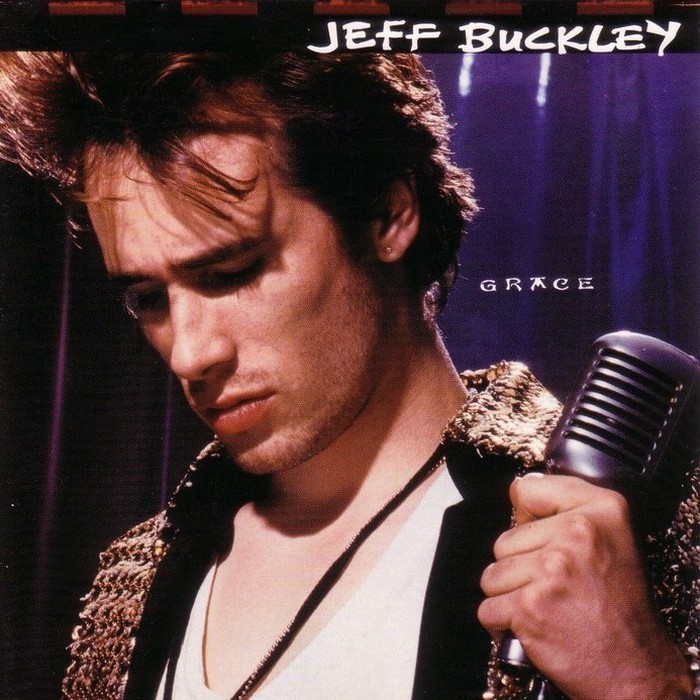
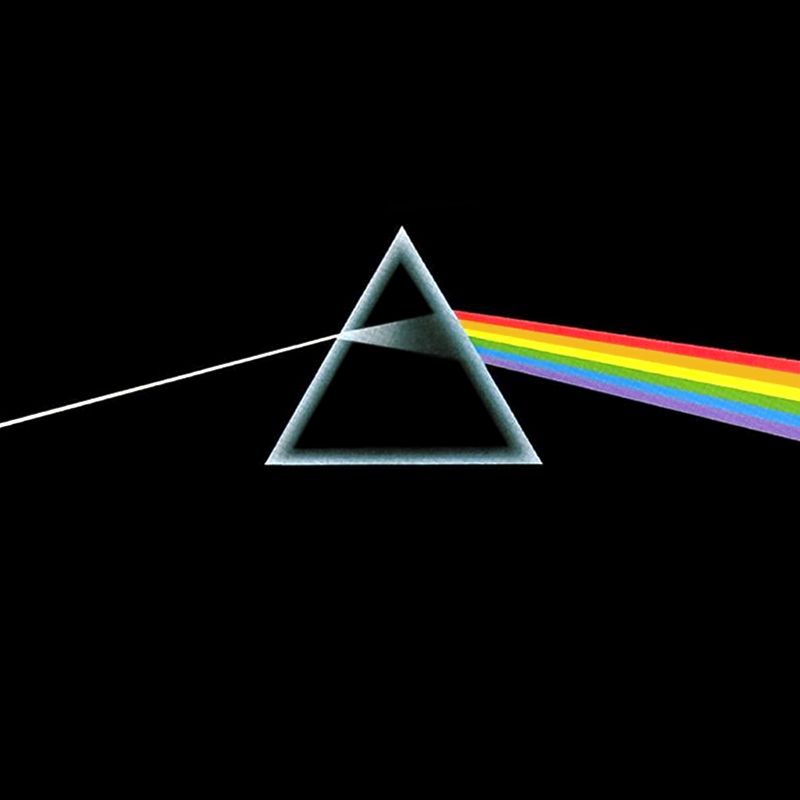




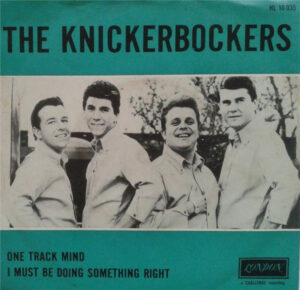
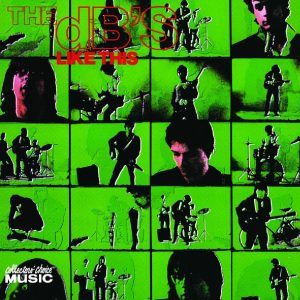
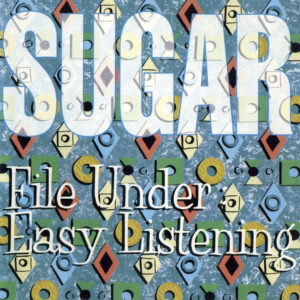
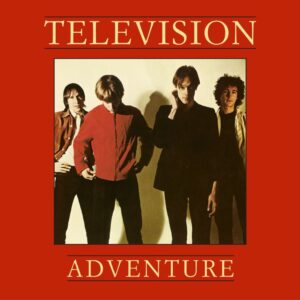
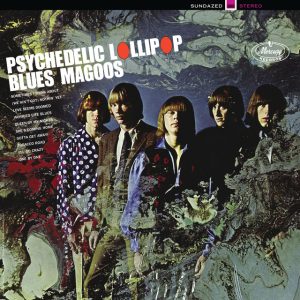





I think you know how I feel about Paul. I need to catch up on some of his solo work. I just did a take on The Georgia Satellites. I always thought Dan Baird ( Lead singer for GS) and Westerberg were musical cousins. Especially when Paul does his ragged ass rock n roll with the sense of humor. That’s CB’s feel anyways.
Sounds like I need to check up on some Georgia Satellites. What solo stuff do you like from Westerberg?
The first 3 and ‘Wild Stab’. But I’m going to do some catching up now. I’m in the mood.
Cool – let me know how it goes.
I have been hitting the listening hard lately so he will fit right in.